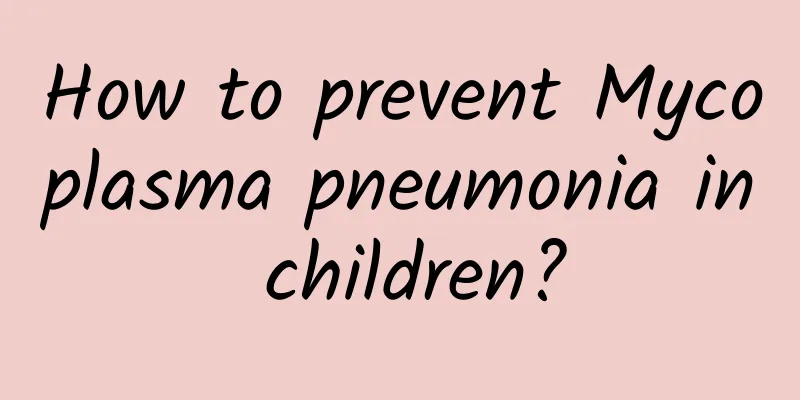What are the treatments for severe vaginitis?

|
There are many types of vaginitis. Some milder cases can be treated with medication, but what treatments are needed for severe vaginitis? Below we will talk about some different treatments based on different types. 1. Bacterial vaginosis The principle of treatment is to use anti-anaerobic drugs, mainly metronidazole, tinidazole, and clindamycin. (1) Oral medication: Metronidazole is the first choice. (2) Local drug treatment. (3) Sexual partners do not require routine treatment. 2. Candidal vaginitis (1) Eliminate the cause: If you have diabetes, you should be treated actively and stop using broad-spectrum antibiotics, estrogen and cortisol in time. Change your underwear frequently, and wash used underwear, basins, and towels with boiling water. (2) Topical medications: miconazole suppositories, clotrimazole suppositories, and nystatin suppositories. (3) Systemic medications (for patients with recurrent attacks or who cannot take vaginal medication): fluconazole, itraconazole, and ketoconazole. (4) Sexual partners do not require routine treatment. (5) Pregnancy complicated by Candida vaginitis is mainly treated with local treatment, and oral azole drugs are contraindicated. 3. Trichomonas vaginitis (1) Local vaginal medication: Metronidazole vaginal effervescent tablets or 0.75% metronidazole gel, 1% lactic acid or 0.5% acetic acid solution flushing can relieve symptoms. (2) Systemic medication: Metronidazole can be used for initial treatment, but the medication should be discontinued if side effects are detected. Do not drink alcohol during the use of metronidazole and within 24 hours of stopping the medication, and do not drink alcohol during the use of tinidazole and within 72 hours of stopping the medication. Breastfeeding is not recommended while taking the medication during lactation. (3) Sexual partners should receive treatment at the same time and avoid unprotected sexual intercourse before recovery. 4. Senile vaginitis The principle of treatment is to supplement estrogen, enhance vaginal immunity and inhibit bacterial growth. 5. Vaginitis in young girls The principles of treatment are to keep the vulva clean, treat symptoms, and select antibiotics targeting the pathogen. From the above information, we can conclude that there are many types of vaginitis. First, we must determine which type of vaginitis we have, and then choose medication according to our age. Because vaginitis may be related to our sexual partner, when taking medication, we must consider whether our sexual partner also wants to take medication. |
<<: What happens when a pregnant woman suddenly faints?
>>: What are the symptoms of congenital endometriosis?
Recommend
These 9 eating habits are very harmful to the stomach! The first one is done by many people every day
Every stomach goes from good to bad These are not...
Girls have stomach pain
If a girl experiences lower abdominal pain during...
Normal uterus image
The uterus is the organ that causes menstruation ...
Women are most likely to become as fat as a wall during these four sensitive periods
When it comes to the topic of weight loss, I beli...
Symptoms of acute mastitis suppuration, a must-read for women!
Acute mastitis is an acute suppurative disease of...
How come there is almost no fetal movement at 36 weeks of pregnancy?
I believe everyone knows that after a certain per...
Why is my belly hard after cesarean section?
Some female friends who have just become mothers ...
Gynecological Daconin Suppository Instructions
Daktarin suppository is a common gynecological ex...
Can I have sex if my menstrual period is not clean?
As long as the menstruation has not completely en...
Can PCOS cause other medical conditions?
The ovaries are relatively important organs in th...
What are the ingredients for breast enhancement in traditional Chinese medicine?
Flat chest is a big worry for women, because brea...
Intermittent throbbing pain on the right side of the lower abdomen
Intermittent pain in the right lower abdomen of w...
White belt light pink
If the leucorrhea is light pink in color, it shou...
How to ask a girl for a photo without being rejected
Many boys, when they meet a girl they like on soc...
Winter health soup recipes, six recommended health soups
We know that winter is a good time to maintain he...









